The best distilled water Substitutes are:
What can I use instead of distilled water?
Cooking with distilled water is becoming more and more typical over time. The “purified” composition with no bacteria or minerals makes it ideal for recipes that need to be utterly clean.
Table of Contents
But finding distilled water is not an easy job. Some places are experiencing a distilled water shortage that’s making it possible to find or just too expensive in some cases. This is when you may need to find a substitute for distilled water.
Luckily, you can always use some substitutes and receive a similar result with your cooking. Here, we’re going to talk about those alternatives and how they compare to distilled water.
Care to learn more about its substitutes? Then come and find out!
What Is Distilled Water Exactly?
Distilled water gets its name from a process of distillation the water goes through. This process removes all impurities, including minerals, germs, bacteria, and more. So it ends up in cleaner water than before.
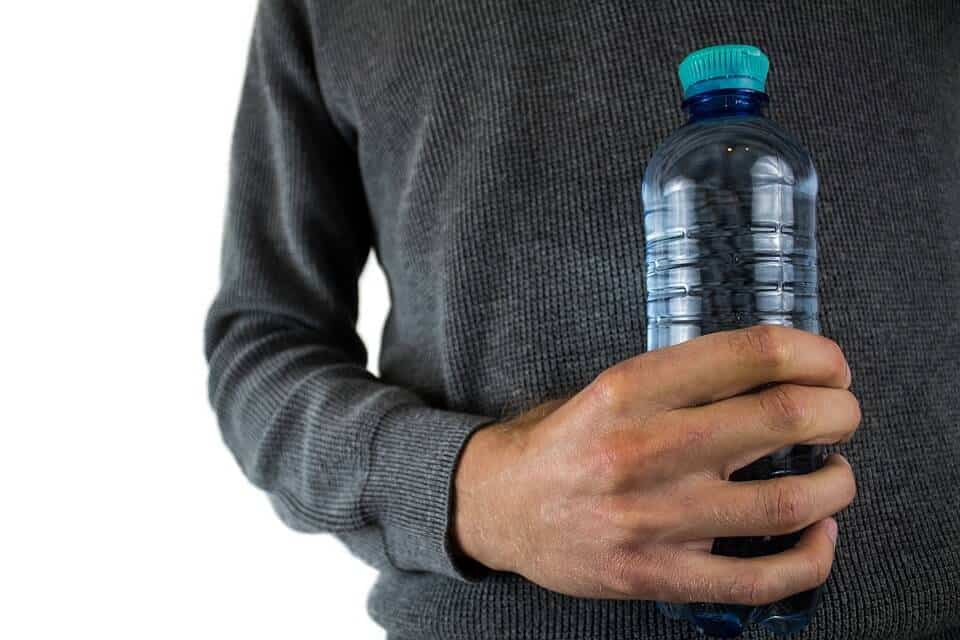
The distillation process consists of boiling the water at a perfect temperature, so it becomes steam. Of course, the steam is captured with special tools and then transformed into H2O once again.
As you can guess, the distillation is all about boiling water at a high enough temperature, so it gets rid of bacteria and other impurities. The H2O that comes from this has about 1 PPM or parts-per-millions of total dissolved solids. At this point, it can be used for drinking, cooking, cleaning, and more.
Distilled Water Shortage? These can be delivered to your home if there is no distilled water near me:
These were our top water distillers and now moving towards the four substitutes for distilled water, we have:
Substitute for Distilled Water – Top 4 Options
As you’re already familiar with the distillation process, let’s now go directly into the distilled water substitutes. These alternatives to distilled water could help you with what to use instead of distilled water.
1. Mineral Water
The first distilled water alternative is mineral water. This is the most common type of water you’ll find for drinking. It contains a lot of minerals, including magnesium, iron, sulfate, calcium, and potassium.
In fact, mineral water tends to contain between 200 and 250 PPM of total dissolved solids. That’s a lot more than distilled water. So, this water is not necessarily the cleanest for cooking. But it is way cleaner than tap water and those of rivers and lakes.
If you need a cheap distilled water replacement for your cooking that offers cleaner water than the one coming from the tap – mineral water works well enough. And sure enough, the minerals it has will keep your body healthy.
Click the link to see Best Sellers for Mineral Drinking Water

2. Spring Water
Then, you’ll find spring water. In contrast with mineral water, this one has its source from underground lakes and wells. That means it contains lots of minerals but way fewer contaminants like bacteria or germs.
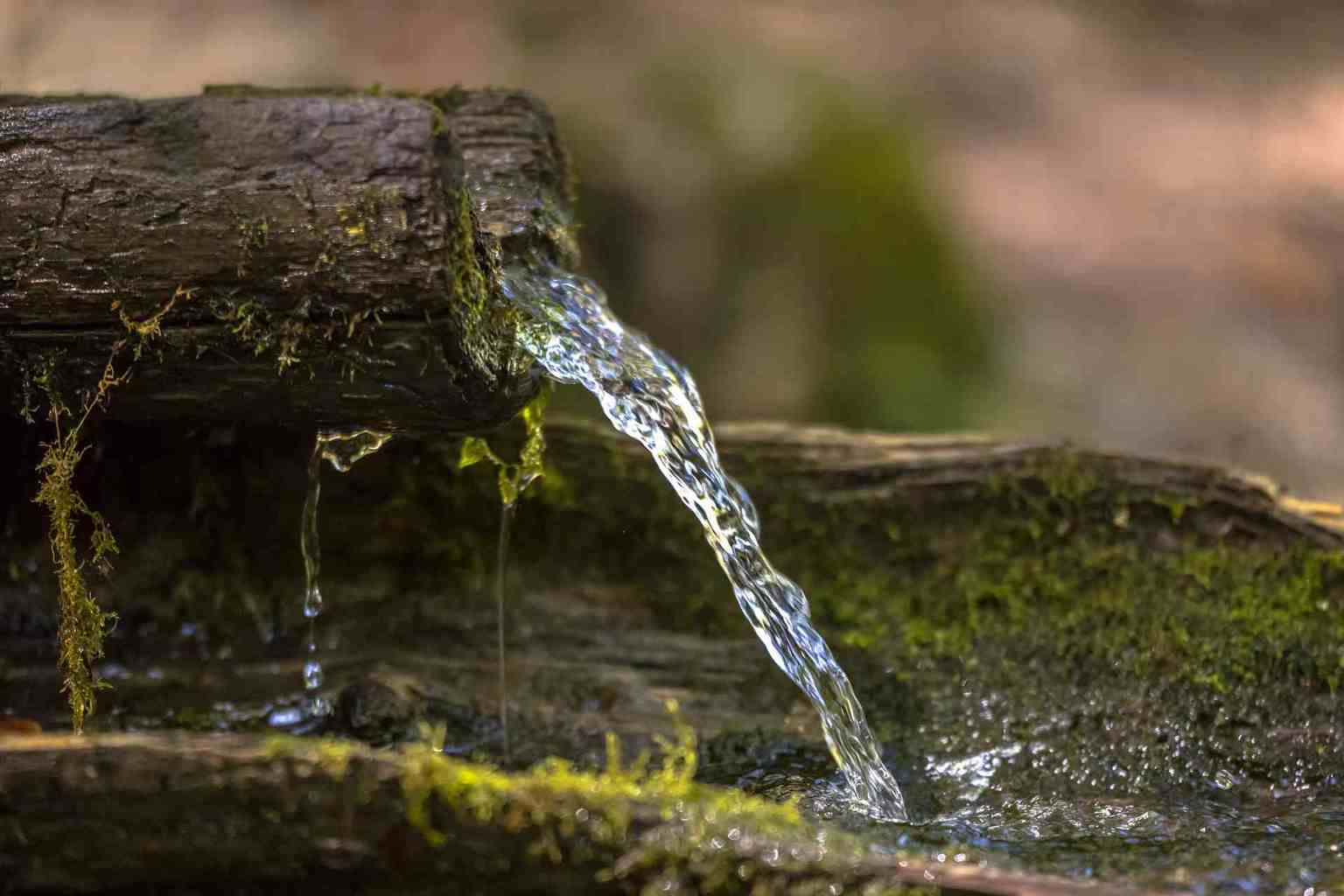
The advantage of spring water is that because of its source, it is useful for cooking and drinking directly. There’s no need to use additives to make it cleaner. But it undergoes a simple filtering process that removes any potential danger but does not remove all of them. So it is nowhere close to being as clean as distilled water.
This is a natural distilled water substitute, and one of the best you can get.
Click the link to see Best Sellers for Spring Water.

3. Deionized Water
Also known as demineralized water, this type of H2O has not a single ion of minerals. As its name says, its whole purpose is to eliminate mineral ions from the water. The liquid goes through a chemical process called deionization that uses resins.
These resins capture all the mineral ions from copper to chloride, sulfate, sodium, calcium, and iron. This will leave a similar result to distilled water, and that takes less time.
The only problem with deionized water is that some molecules like bacteria, germs, and viruses are not taken out of the H2O. So, while it is clean of minerals, it may still contain some impurities.
On top of that, deionized water can be somewhat corrosive. It may not cause direct damage to tissues, but it could in the long term. So it is not really the best distilled water alternative.
Click this link to view the Best Sellers for deionized water.

Deionized water is great for cleaning cars
- Mineral-free: Deionized water has had its mineral ions removed, such as calcium, magnesium, sodium, and other impurities. This means it doesn’t leave any residue or water spots on the car’s surface when it evaporates, resulting in a cleaner and spot-free finish.
- Gentle on paint and surfaces: Since deionized water is free of minerals and contaminants, it is less likely to cause damage or react with the car’s paint, clear coat, or other surfaces. This makes it an ideal choice for maintaining the appearance and longevity of a vehicle’s finish.
- Improved detergent efficiency: Deionized water can enhance the effectiveness of car cleaning products, as it allows detergents and soaps to work more efficiently without interference from minerals. This can lead to better overall cleaning results.
- Reduced water spotting: As deionized water doesn’t contain minerals, it significantly reduces the chances of water spotting on the car’s surface after washing. This is particularly beneficial when air-drying the vehicle or when washing in direct sunlight.
- Ideal for rinse stages: Using deionized water during the final rinse stage of a car wash can help ensure that no mineral deposits are left behind on the surface. This contributes to a cleaner, shinier, and more professional-looking finish.
Aquatic Life AQUATICLIFE Deionized Spot-Free Car Rinse Unit
- Premium Water Deionizer for Car Washing
- Spotless Car, RV, and Motorcycle Wash System
- Suggested water pressure: 65 PSI
- Maximum water pressure: 80 PSI
- Optimal Water Temperature: 77°F (25°C)
Supplied with unit
- Dual DI Unit Housing with Mounting Bracket
- Plumber’s Pipe Tape
- (2) Color-changing Refillable Deionization Cartridges
- Canister Wrench
- Brass ½” MPT x Female Garden Hose Adapter
- (2) Brass ½” MPT x Male Garden Hose Adapter
- 0.75 Gallon Per Minute Flow Regulator
- Installation, Operation and Maintenance Guide
4. Reverse Osmosis Purified Water
Finally, we find purified water made with osmosis. Many people refer to it as osmosis water, as it goes to an osmosis process. This process makes the water go through membranes, heat, and pressure processes that remove minerals, lead, and contaminants.
The water that results is demineralized, safe for drinking, and useful for almost anything. It is so clean that it has less than 10 PPM of total dissolved solids.
This is the best substitute you will find for distilled water. It is clean and easier to produce with Express Water RO5DX Reverse Osmosis Filtration NSF Certified 5 Stage RO System with Faucet and Tank that anyone can buy. If you want a great alternative to distilled water, this would be your best bet.
Express Water RO5DX Reverse Osmosis Filtration System
- Reverse Osmosis Water Purification for clean, healthy water
- Up to 99% reduction of major water impurities
- Five-stage filtration system for high-grade impurity removal
- Easy-to-install under sink water filter system
- Automatic filling of water tank with high-quality drinking water
- Emergency leak stop detector for added safety
- Customizable and upgradable with quick connecting fittings
- Optional add-on filters: UV, Alkaline, Deionization, and more
- On-demand expert support for any questions
Is Distilled Water Purified?
Yes, there’s no difference between any water that’s called purified water and distilled water. In fact, other processes of purification that are pretty common include reverse osmosis and deionization. And we explained both above.
Mineral water is sometimes also considered purified water, as it usually goes under a filtration process that gets rid of most contaminants. And the same happens with spring water, which is often heated and sand-filtered.
But to really get purified water, it should have less than 10 PPM of total dissolved solids. And not many spring or mineral waters come this clean. But distilled, reversed-osmosis and deionized water do – so they’re indeed considered purified waters.
Is Purified Water Truly Healthy?
Distillation, deionization and reverse osmosis remove minerals and contaminants from water. While getting rid of bacteria, viruses, and germs are always safe, eliminating all minerals is probably not.
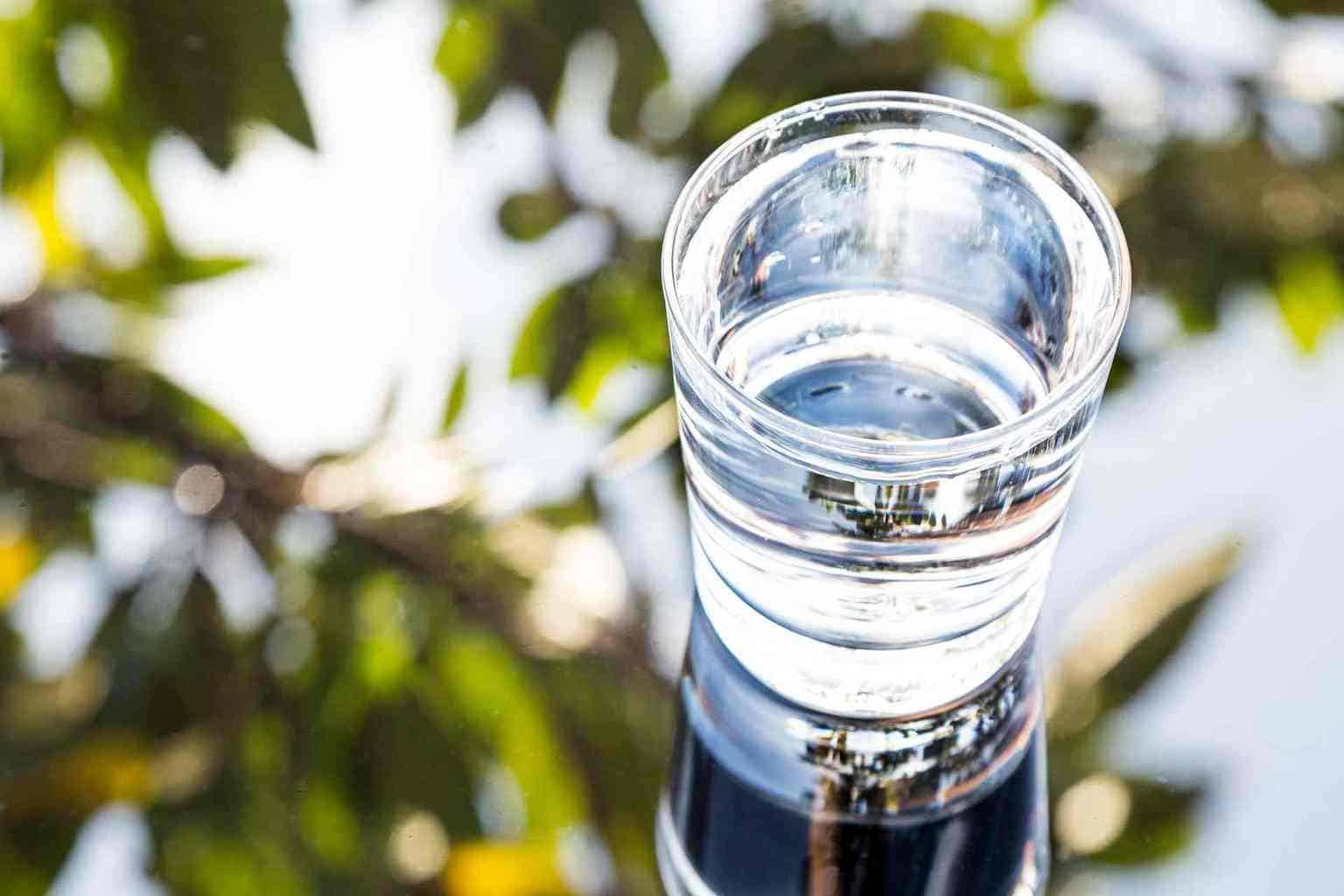
There’s yet no proof that demineralized water is actually better than mineral water or even spring water. So it isn’t beneficial for direct consumption.
Luckily, when it comes to cooking and cleaning, purified water can be an excellent option. It is probably not the healthiest when it comes to consuming directly, but it will still be cleaner than any other type of water.
If you choose reverse-osmosis water or distilled water, you’re doing yourself a big favor. As long as you remember to take your minerals from other sources, then there shouldn’t be much of a problem.
So, is purified water genuinely healthy? Yes, it is. If you want to avoid the risks that regular mineral water and tap water come with, then using distilled or reverse osmosis water will be your best option.
What Water Should You Use from Now on?
If finding distilled water is too hard for you – then you can always get a reverse osmosis filter at home and make your own purified water.
Still remember, mineral and spring water are not bad choices. They still have tons of positive things to offer, especially in terms of minerals. But of course, forget about deionized water if you’re using it for personal consumption.
In the end, it all comes down to your personal preference. Distilled and reverse osmosis waters are the purest you can find for cleaning and cooking – but mineral and spring water are not bad choices either.
These are our personal recommendations:
Durastill 12 Gallon per day Automatic Water Distiller with 25 Gallon Reserve
- Produces 46 liters (approximately 12 gallons) every 24 hours.
- Proven design with FLOAT CONTROL feature
- Connects to water line for continuous automatic operation
- 96 Liter (approximately 25 Gallons) Stainless Steel Storage Tank
- 316 Alloy stainless steel evaporator
- Incoloy (stainless steel) heating element – 1500 watt
- Volatile gas vent system
- Plugs into 115 volt outlet
Supplied with unit
- Everything is included for a normal installation
- Installation kit
- Pre-Filter
- Post-filter
- and fittings
Aqua-Ionizer Delux
- Water Ionizer
- 7 Water Settings
- Home Alkaline Water Filtration System
- Produces pH 4.5-10.0 Alkaline Water
- Up to -600mV ORP
- 4000 Liters Per Filter
Aqua Ionizer Deluxe 9.5 Anti-Oxidant Boost Water Ionizer
- Alkaline Water Filtration System
- Antioxidant Boost Technology
- MICRO-CLUSTERED ALKALINE WATER
- Produces pH 3.0-11.5 Alkaline Water
- Up to -880mV ORP
- 4000 Liters Per Filter
- 9 Titanium Platinum Plates
- 7 Water Settings
- Lifetime Warranty & Support
Frequently asked questions
Replacement for distilled water
Distilled water, a type of purified water produced through the process of distillation, involves boiling water and then condensing the steam back into liquid form. This method effectively removes impurities, contaminants, and minerals, resulting in a highly purified form of water. The phrase “replacement for distilled water” refers to a substitute used in place of distilled water when it is not readily available.
What Can You Use Instead Of Distilled Water – eg filtered water
In pursuit of finding a suitable alternative to distilled water, individuals often explore various options. One commonly recommended substitute is demineralized water, which undergoes a similar purification process to remove impurities. Distilled water, known for its purity and lack of minerals, is frequently used in scientific experiments, medical procedures, and even in certain manufacturing processes. However, when it is not readily available, demineralized water can be a viable alternative due to its similar properties. Additionally, other water sources like reverse osmosis water or filtered water can be used as a substitute for distilled water in certain situations, albeit with some minor differences in quality and content.
Alternative For Distilled Water – eg Filtered water, boiled water, spring water, osmosis water
When it comes to alternatives for distilled water, you can consider options like reverse osmosis water, filtered tap water, deionized water, purified bottled water, boiled water, rainwater, and spring water. Each has its own level of purity and suitability for different purposes. However, for tasks that require the highest purity, such as in laboratory settings, distilled water remains the preferred choice due to its complete removal of impurities and minerals.
What can I use if I don’t have distilled water?
- Reverse Osmosis Water: This is purified water produced through a filtration process.
- Filtered Tap Water: Use a high-quality water filter to remove impurities.
- Deionized Water: Water that has had its ions removed for specific purposes.
- Purified Bottled Water: Bottled water that goes through a filtration process.
- Boiled Water: Boiling water can kill bacteria and pathogens.
- Rainwater: Collected and filtered rainwater for certain uses.
- Spring Water: Naturally sourced water with varying mineral content.

I like you use water every day in everything I do. I love to find better ways to filter water I drink, soften hard water and find amazing water bottles for when I’m on the go.
I want to share what I find with you and review the options you might be looking for.
Author Profile – Tony Cosentino
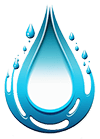
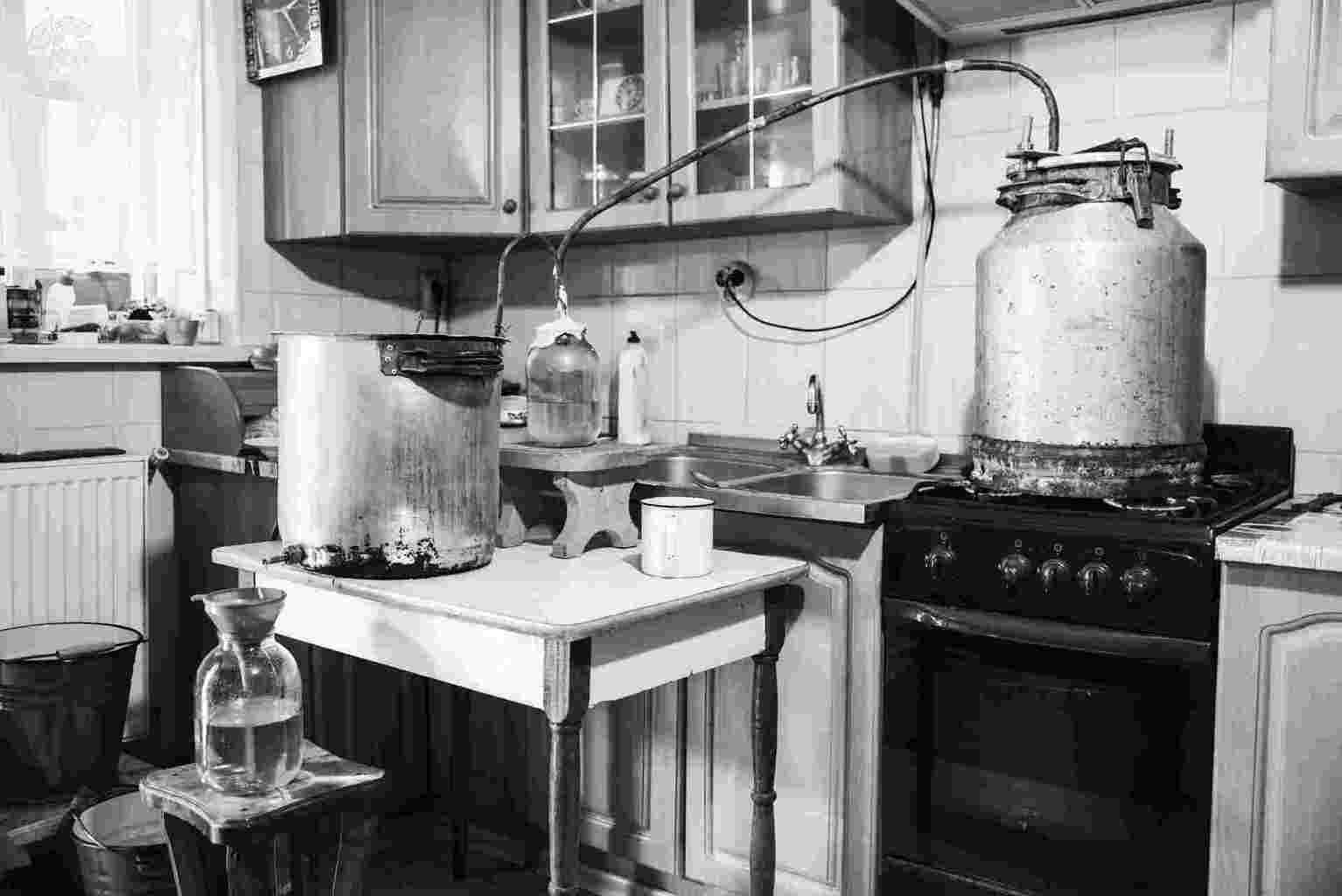

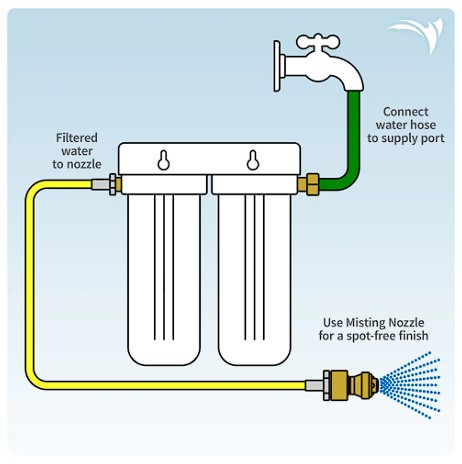




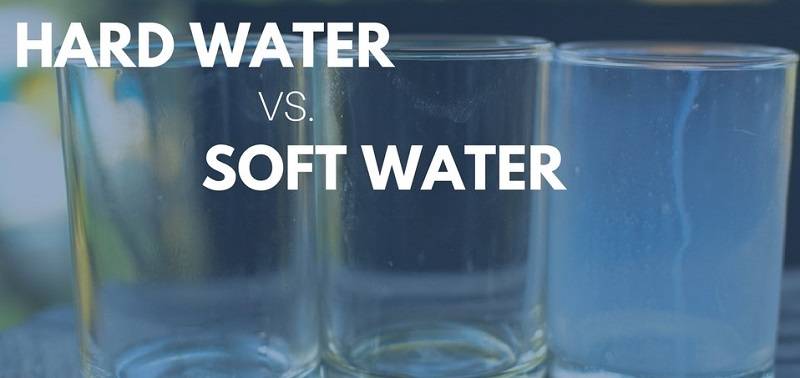
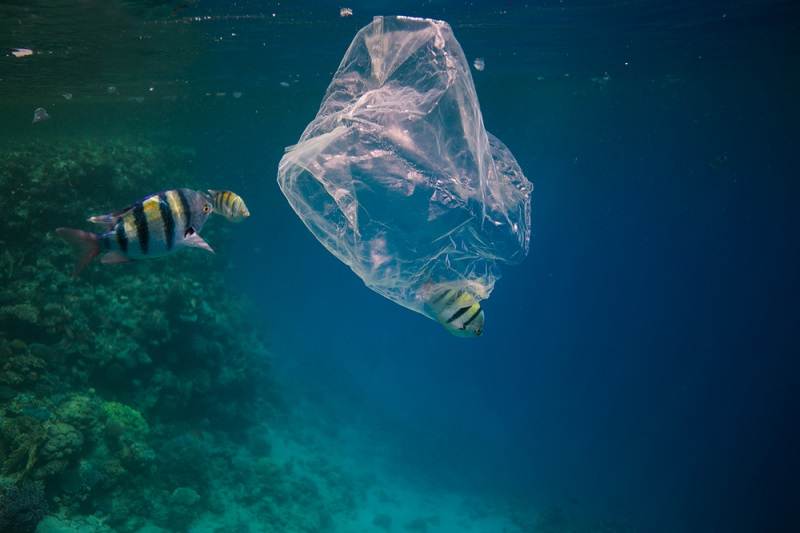
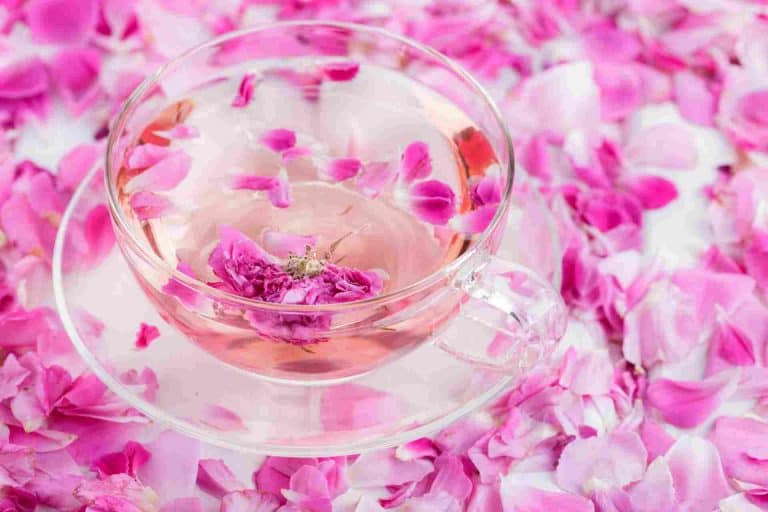
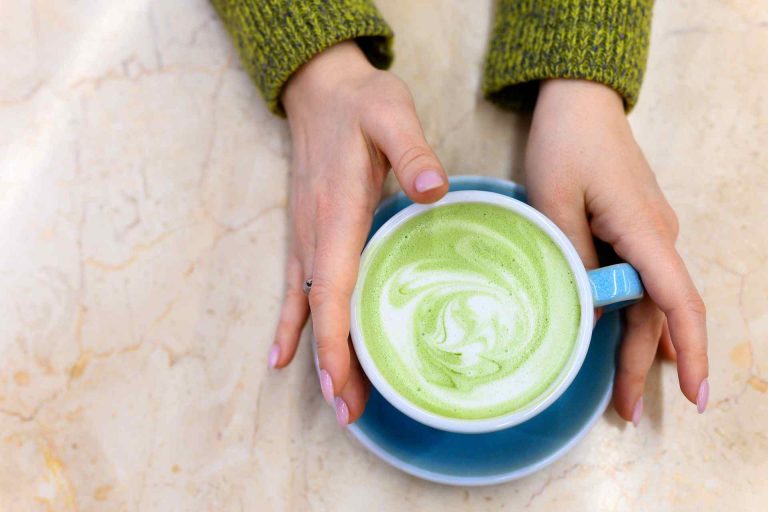
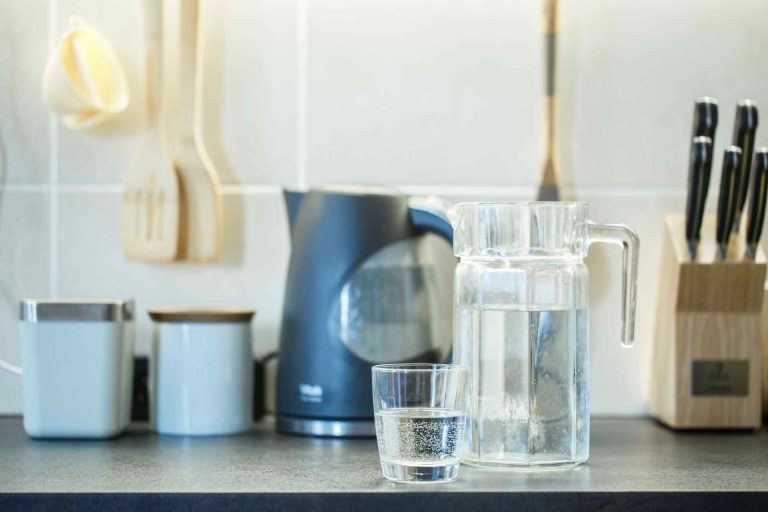
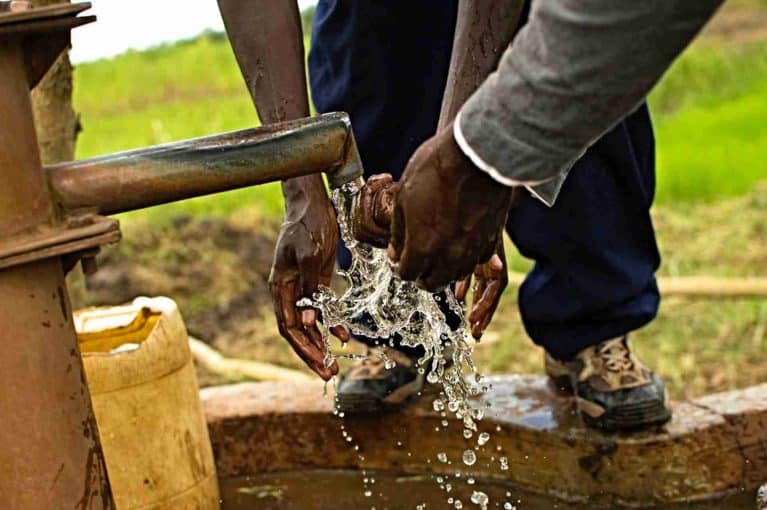
In my opinion, while mineral water, spring water, deionized water, osmosis water, and purified water can be used as substitutes for distilled water in certain situations, it is important to consider the specific purpose for which distilled water is needed.
For instance, if you are using distilled water for medical purposes or in laboratory experiments where absolute purity is required, it is best to stick to distilled water itself.
I have been trying to reduce my plastic waste and carbon footprint, so one of my personal goals is to switch from using bottled mineral water or spring water as a substitute for distilled water. Instead, I plan to invest in a water filtration system that can provide me with deionized water or purified water. This way, I can have a more sustainable alternative to distilled water without contributing to the plastic waste problem.
In my opinion, while mineral water, spring water, deionized water, osmosis water, and purified water can be used as substitutes for distilled water in certain situations, it is important to consider the specific purpose for which distilled water is needed. Distilled water is typically used in scientific experiments, medical procedures, and certain household appliances because it is free from impurities and minerals.
Great post! I found it really informative and helpful. I think more people should know about the alternatives to distilled water. I would love to share this on my social media platforms to help spread the word. Keep up the great work!